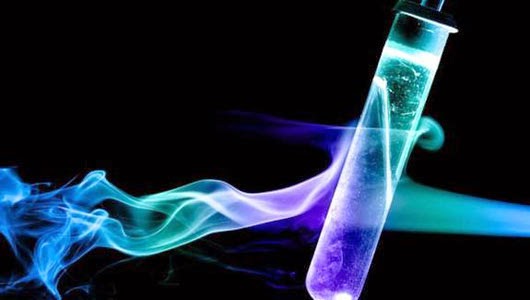Chapter 10
Test Study Guide
Review the
following:
Textbook Section
10.1
1. All 10 forms of energy
2. How energy can be transformed from on type of energy to another; e.g., a candle burns chemical energy and it is changed to light energy and thermal energy.
Review Section 10.2
1. The definitions of temperature, heat, and thermal energy. Understand the difference between these three.
Review Section
10.3
1. Review how solids, liquids and gases behave when heated or cooled. (Expansion and Contraction)
2. Understand how we apply our knowledge of solids liquids and gases expanding and contracting in our daily lives; e.g., leaving space for air at the top of sealed bottles of liquids. (Review package worksheets)
10.4
1. Review the three forms of thermal energy transfer (conduction, convection, and radiation) and how they work.
2. Understand how we apply our knowledge of thermal energy transfer; e.g., wearing light clothes on hot days.
Key Terms
1. Review how solids, liquids and gases behave when heated or cooled. (Expansion and Contraction)
2. Understand how we apply our knowledge of solids liquids and gases expanding and contracting in our daily lives; e.g., leaving space for air at the top of sealed bottles of liquids. (Review package worksheets)
10.4
1. Review the three forms of thermal energy transfer (conduction, convection, and radiation) and how they work.
2. Understand how we apply our knowledge of thermal energy transfer; e.g., wearing light clothes on hot days.
Key Terms
□
chemical energy
□
conduction
□
convection
□
convection current
□
elastic energy
□
electrical energy
□
energy
□ energy transformation
□ fluids
□
gravitational energy
□
heat
□
infrared waves
□
light energy
□
magnetic energy
□
mechanical energy
□
nuclear energy
□
particle theory of matter
□ thermometer
□
radiation
□
sound energy
□
temperature
□ thermal
energy

No comments:
Post a Comment